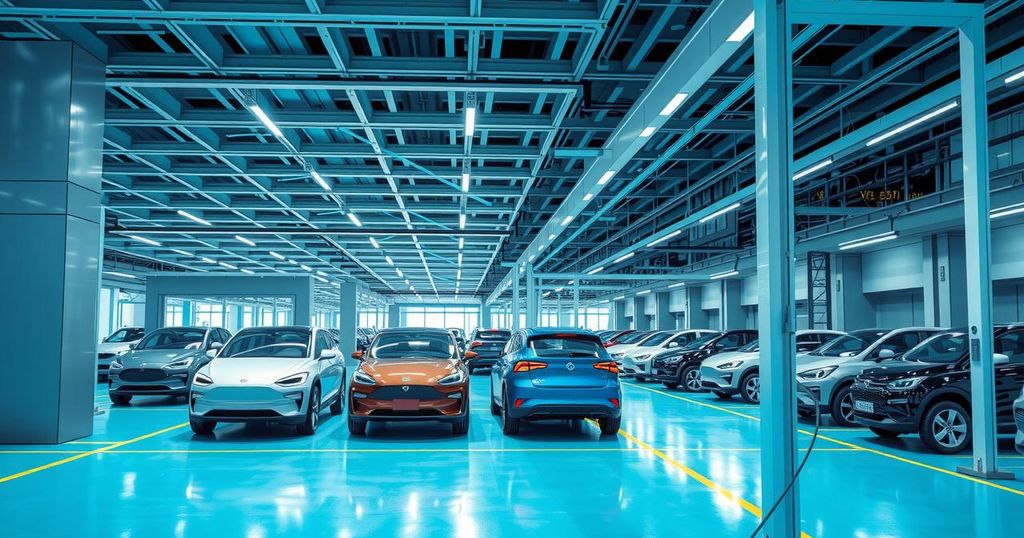BYD to Start Production of Electric Vehicles in Brazil Within Weeks
- BYD announces the start of EV production in Brazil.
- The factory is located in Bahia, marking BYD’s first in South America.
- Initial production capacity is set at 150,000 vehicles annually.
- BYD aims to position Bahia as Silicon Valley of South America.
- Legal issues have arisen regarding labor practices at the new plant.
- Competition in the Brazilian EV market is set to escalate.
BYD’s Factory Unveiling in Bahia Marks New Era
BYD to Start Production of Electric Vehicles in Brazil Soon Chinese electric vehicle (EV) manufacturer BYD has announced that it will begin production of multiple models at its newly inaugurated factory in Brazil within just weeks. Located in Bahia, this factory marks BYD’s first manufacturing facility in South America, a significant milestone for the company as it expands its reach in the global EV market. During a media unveiling on Tuesday, BYD showcased a car that had been assembled at the new plant, underscoring its commitment to local production and innovation.
Significant Production Capacity and Economic Impact
Production Capacity and Future Plans for Expansion The Bahia factory is set to kick off with an impressive annual production capacity of 150,000 vehicles, with plans already in place to potentially double that capacity in the future. A BYD official emphasized the firm’s intentions to boost the local economy, likening Bahia State to the Silicon Valley of South America, a bold statement aiming to position the area as a new hub for technological advancements. However, this optimism comes amid challenges, as the factory has recently attracted scrutiny due to legal issues that the company faces with Brazilian authorities, concerning allegations of unethical labor practices.
Escalating Competition in Electric Vehicle Sector
Rising Competition in the Brazilian EV Market The entry of BYD into Brazil is part of a larger trend where various Chinese automakers are striving to capture a stake in the growing Brazilian EV market. The increasing presence of Chinese manufacturers is likely to intensify competition, particularly against long-established European and Japanese automakers already operating in the region. As the market dynamics shift, consumers might benefit from a wider array of choices, while the companies themselves will need to navigate regulatory landscapes and labor relations more carefully as they seek to establish and grow their market shares.
In summary, BYD’s upcoming production launch in Brazil represents a significant advancement for the company and the local economy. However, while the expansion offers potential benefits, the ongoing legal challenges pose significant hurdles that must be addressed. Furthermore, the entry of new competitors in the market is expected to heighten rivalry within the electric vehicle landscape in Brazil.




Post Comment